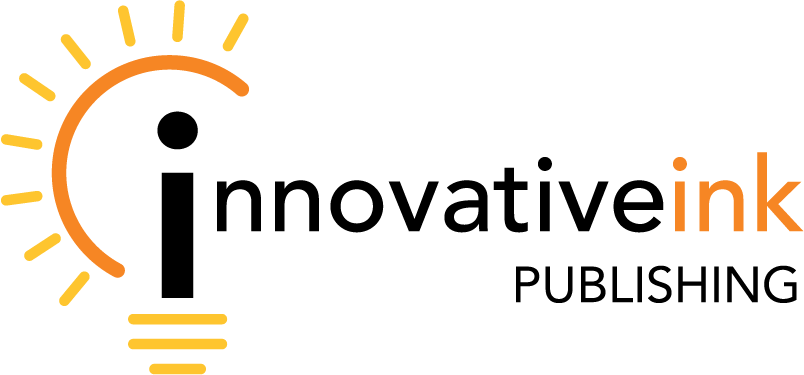Quality writing is an art form. As second language learning occurs in a specialized portion of our brain (different from first our language) it is logical to present the tools of art form in ways that capitalize on this knowledge. Hence, the focus of this writing guide.
Yes, there are grammatical, syntactical, and linguistic rules that must be adhered to, however great writing is more than the mastery of these skills. Recognition that all our cognition skills are guided by the brain’s chemical and physical nature then allows us to utilize this information to our best advantage, especially in a second language.
For example, we must tap into the visceral reaction that happens seconds into our encounter with everything, in our case, text. We need to recognize and write in a way that our customer (reader) feels a connection with us as the author. And more importantly, we need to make sure that same customer feels safe with what they are buying (reading), for safety is agreement. And agreement is what we seek in all instances of writing, both personal and professional.
Synthesizing writings basic skills, such as grammar, with the masterful use of creative thinking delivered through the understanding of how humans perceive information is the end goal of this guide for second language writers.

Chapter 1 Introduction
Chapter 2 Writing Conventions
Trust, Structure, Style, Perspective, Language
Neurological Considerations in Writing
First Argument-Academic/Professional Email
I need to write a paper, what do I do first?
Chapter 3 Argument Writing
What is an Argument?
Audience Author Argument (checklist #1)
Exigence
The purpose of every Argument
Connecting with your Audience (customer)
Factors
Perspective
Course Rubric (checklist #2)
Questions to ask before starting your Rough Draft (checklist #3)
Five Canons of Rhetoric
Chapter 4 Research Writing
What Research is what it is NOT
Maslow’s Hierarchy of Need
Crafting your odea
Organizing your Ideas & Data
Searching the Internet
Organizing your Data- Coding
Plagiarism
Academic Language (research)
Quantify EVERYTHING!
Outline Templates (outlines 1, 2, 3, & sample outline)
Research Citations (In-text citations)
Resource Page
Short Research Checklist (checklist #6)
Research Questions (checklist #7)
“I” Statements (again)
Last things to check in your Final Draft
Chapter 5 Employment Writing
Constructing your Portfolio
Portfolio checklist (checklist #8)
CV (examples)
Cover Letters